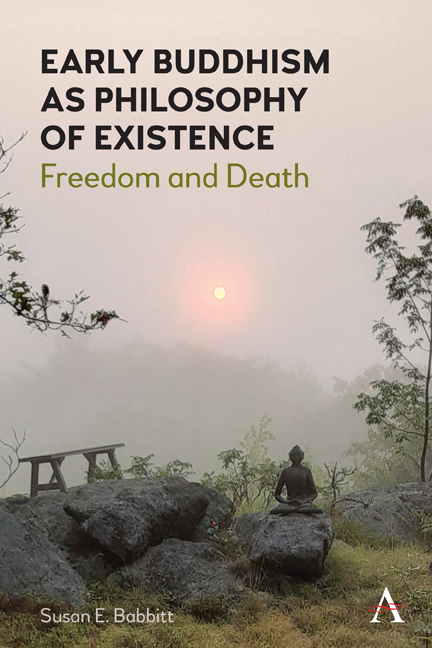3 - Relational Philosophy and the Law of Dead Ends
Published online by Cambridge University Press: 15 September 2022
Summary
The early twentieth-century Burmese monk, Ledi Sayadaw, said meritorious deeds should not be done for moral reasons. That is, they should not be done to fulfill an idea of the good or the right. If performed for an ideal, a meritorious deed is meritorious but not most meritorious.
The most meritorious deed is performed, not for virtue, well-being, or a better existence in some sense, but for truth, ultimate truth. It is done for enlightenment, not for practical consequences, moral or otherwise. It may have such consequences, but it is not done for that reason.
The Buddha was a relational philosopher in its true sense. Relational philosophy is popular, academically. Connection is popular, culturally. But emphasis on connection is often, still, ultimately about oneself. I gave examples in the last chapter of how it is possible to respect relations intellectually and supposedly value connection, and nonetheless assume that living well requires a story, or a formula for how to get such a story, about oneself as a discrete entity.
The direction of such stories is individual, not human. The distinction is between what is best for me as a human being as opposed to what is best given my idiosyncratic desires, preferences, and life plans, when humanness is recognized as an objective property. It is a distinction between the human condition and what we or I believe about it. A ‘journey into the human condition’ is often a journey into beliefs about the human condition, as if that's all there is – beliefs, not truth.
One contribution of the Dhamma to relational philosophy is truth about existence and what that truth means. I will explain how this is so. I argue in this chapter that the ‘law of dead ends’, used by Cuban philosopher Cintio Vitier to connect early independence thinkers in Cuba with the Cuban Revolution, indicates a different direction. And it must be understood within this broader framework.
It involves Marx, as philosopher, not just economist, who rejected the thingish self and advanced a philosophy of existence.
He had a view of knowledge and rationality that drew on insights from Georg Wilhelm Friedrich Hegel, about the connectedness of all things. Hegel gets a bad reputation but in this regard Hegel was right.
- Type
- Chapter
- Information
- Early Buddhism as Philosophy of ExistenceFreedom and Death, pp. 57 - 78Publisher: Anthem PressPrint publication year: 2022



